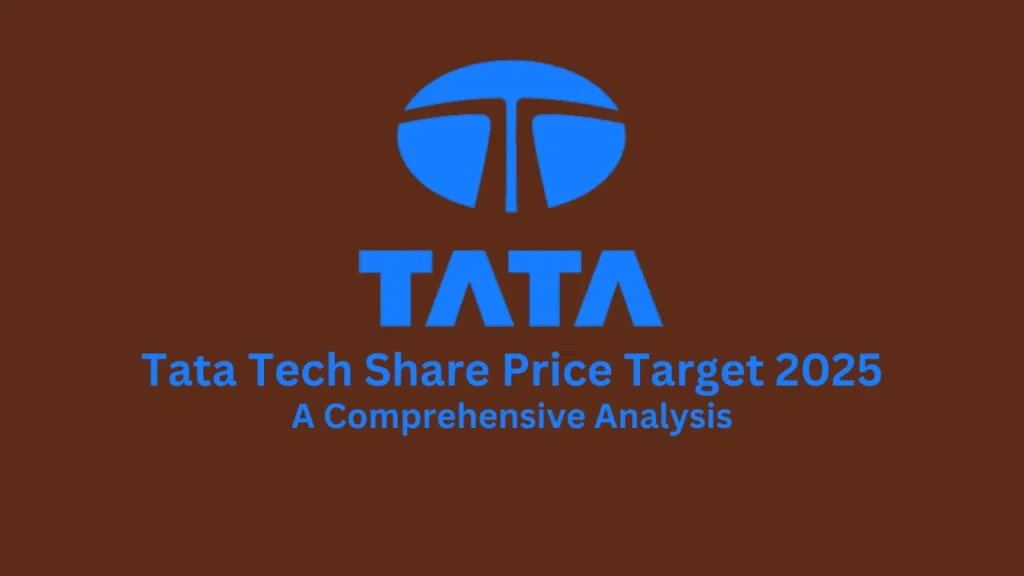Artificial Intelligence (AI) is reshaping industries across the globe, from healthcare diagnostics and self-driving cars to retail analytics and natural language processing. However, the success of AI systems depends heavily on the quality and quantity of data used to train them. Even the most advanced algorithms cannot function effectively without well-labeled datasets. This is where AI data annotation services play a vital role. These services organize and tag raw data, enabling machine learning and computer vision models to recognize patterns, make informed decisions, and scale effectively.
This article explores the importance of AI data annotation services, common challenges in large-scale annotation, and leading companies providing these solutions.
Also Read: How to Effectively Buy Reddit Upvotes to Grow Your Online Presence
Understanding AI Data Annotation Services
AI data annotation refers to the process of labeling raw data, including images, videos, text, or audio, so that machine learning models can interpret them accurately. The complexity of annotation can range from marking simple objects in an image to labeling video frames or defining linguistic relationships in natural language processing.
Examples include:
- Computer Vision: Image annotation helps AI identify objects, edges, or facial features.
- Natural Language Processing (NLP): Text annotation enables sentiment analysis, intent recognition, and contextual understanding.
- Speech Recognition: Audio annotation allows systems to accurately transcribe speech or detect environmental sounds.
AI data annotation transforms unstructured data into machine-readable information, forming the foundation for reliable AI model training.
Scalability in AI Data Annotation
As AI adoption grows, so does the volume of data required for model training. High-quality, large-scale annotated datasets ensure higher prediction accuracy and allow AI systems to generalize across varied real-world situations.
Key advantages of scalable AI data annotation include:
- Improved Accuracy: High-quality annotations lead to more precise predictions and reduced AI model errors.
- Time Efficiency: Outsourcing annotation tasks accelerates AI model development.
- Flexibility: Supports diverse data types and labeling specifications.
- Cost-Effectiveness: Reduces the need for large in-house annotation teams.
Industries such as autonomous driving, healthcare imaging, and e-commerce benefit significantly from scalable annotation, as performance and safety depend directly on data quality.
Challenges in Large-Scale AI Data Annotation
Handling massive amounts of annotated data presents significant challenges. Organizations must overcome the following issues to maintain reliability and consistency:
- Quality and Consistency: Inconsistent labeling can result in poor model performance.
- Volume and Diversity: Managing millions of images, videos, or text files efficiently is complex.
- Annotation Complexity: Advanced tasks like semantic segmentation and multi-label classification require specialized expertise.
- Ethical and Privacy Concerns: Sensitive data must be annotated in compliance with data protection standards.
Professional annotation teams and automation tools are essential to tackle these challenges effectively Major Challenges in Large-Scale Data Annotation to AI Systems.
Advanced AI Data Annotation Techniques
Modern AI applications increasingly rely on sophisticated annotation methods beyond simple labeling. Some of the advanced techniques include:
- 3D Point Cloud Annotation: Used in autonomous vehicles and robotics to capture spatial data accurately.
- Polygon and Semantic Segmentation: Define object boundaries and scene context in computer vision.
- Temporal Annotation: Tracks object movements frame by frame in videos.
- Multi-Modal Annotation: Integrates image, text, and audio data for generative and multimodal AI systems.
These methods enhance model robustness, enabling AI to address complex real-world challenges effectively.
Applications of AI Data Annotation Across Industries
AI data annotation is critical to a wide range of industries, powering intelligent automation and insights.
- Autonomous Vehicles: Annotated datasets help cars recognize road signs, objects, and pedestrians for safer navigation.
- Healthcare: Medical image annotation supports disease detection, classification, and diagnosis.
- Retail and E-commerce: Enables visual search, product tagging, and inventory management through labeled datasets.
- Security and Surveillance: Annotated video feeds enhance real-time threat detection and facial recognition.
- Robotics and Automation: Labeled datasets help robots understand their environment and interact with objects accurately.
Top AI Data Annotation Companies
Several companies are leading the market in providing high-quality AI data annotation services:
- Digital Divide Data (DDD): A global leader delivering end-to-end AI data annotation and processing solutions.
- Appen: Offers large-scale data labeling for various AI applications.
- Scale AI: Specializes in computer vision and autonomous system annotation.
- Lionbridge AI: Provides multi-domain annotation for automotive, finance, and healthcare sectors.
- CloudFactory: Delivers scalable, precise, and flexible workforce-driven annotation services.
Digital Divide Data (DDD): Empowering Ethical and Scalable AI Annotation
Digital Divide Data (DDD) stands out as a pioneer in providing high-quality AI data annotation services that blend human expertise with automation for scalable and ethical AI model training.
Key Services Offered by Digital Divide Data include:
- Image and Video Annotation: Bounding boxes, polygons, and semantic segmentation for computer vision models.
- Text Annotation and NLP Labeling: Entity recognition, sentiment analysis, and document classification.
- Audio and Speech Annotation: Transcription, labeling, and emotion tagging for voice and sound recognition models.
- 3D Point Cloud Annotation: Specialized labeling for LiDAR and spatial mapping in autonomous systems.
- Data Collection and Validation: End-to-end data acquisition, cleaning, and verification for high-quality AI inputs.
- Ethical AI Workforce Model: Employs and trains underprivileged youth, ensuring ethical, socially responsible data processing.
Through its combination of advanced tools, skilled workforce, and commitment to ethical AI, Digital Divide Data ensures accuracy, scalability, and reliability for machine learning and autonomy solutions worldwide.
The Future of AI Data Annotation
As AI technologies evolve, the demand for relevant, scalable, and domain-specific data annotation will continue to grow. The integration of AI-assisted tools and skilled human annotators will be key to creating robust, multifunctional AI models.
Companies investing in professional annotation services today are building the foundation for long-term success, ensuring that their AI systems are intelligent, scalable, and ready for real-world deployment.
Conclusion
AI data annotation services are the backbone of scalable and reliable AI solutions. They transform raw, unstructured data into the structured, high-quality input that powers AI systems across industries, from autonomous vehicles to healthcare analytics.
Investing in professional annotation partners like Digital Divide Data ensures access to scalable, accurate, and ethically sourced datasets that drive innovation and trust in AI systems. The future of artificial intelligence will rely not just on smarter algorithms but on the quality of data annotation that shapes their learning.



